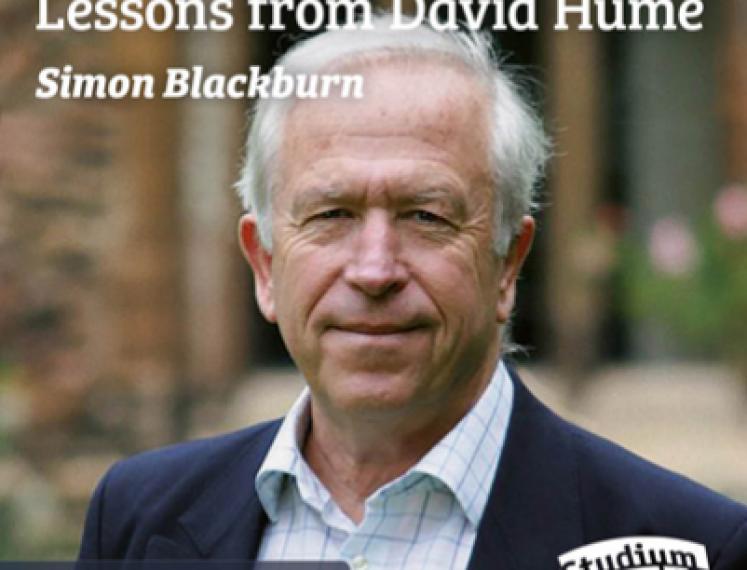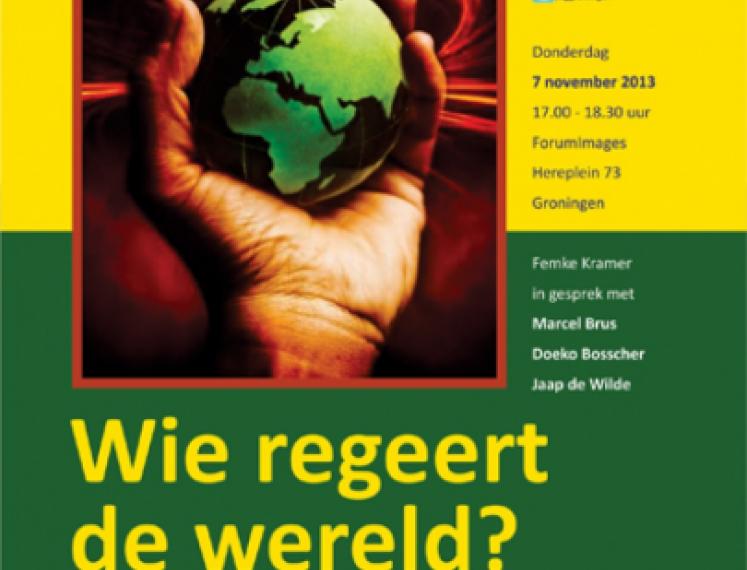
Online
Nederland
God: A Human History
The history of religion is one long and remarkably cohesive attempt to understand the divine by giving it human traits and emotions, according to Reza Aslan, scholar of religions. This innate desire to humanize God is hardwired in our brains, making it a central feature of nearly every religious tradition. Whether we are aware of it or not, and regardless if we are believers or not, what the vast majority of us think about when we think about God is a divine version of ourselves. This projection is not without consequences. We bestow upon God not just all that is good in human nature—our compassion, our thirst for justice—but all that is bad in it: our greed, our bigotry, our penchant for violence. All these qualities inform our religions, cultures, societies and governments. What is at the root of this humanizing impulse and how does it play a role in our everyday lives? How do we explain the urge to humanize God at the same time as we dehumanize other human beings? Could a deeper knowledge and appreciation of the history, sources and practices of diverse religious traditions help us to have a better understanding of the ideas and values that underpin our own societies today?
Reza Aslan is an internationally renowned writer, commentator, professor, producer, and scholar of religions. His books, including his #1 New York Times Bestseller, Zealot: The Life and Times of Jesus of Nazareth, have been translated into dozens of languages around the world. Other books include No god but God: The Origins, Evolution, and Future of Islam, Beyond Fundamentalism: Confronting Religious Extremism in a Globalized Age and his last book God: A Human History.
After his lecture, Reza Aslan will have a conversation with Erin Wilson, Associate Professor of Global Politics and Religion; Vice Dean and Director of Education at the Faculty of Theology and Religious Studies at the University of Groningen. She is co-chair of the Advisory Council for the Transatlantic Policy Network on Religion and Diplomacy. Her current research explores critical intersectional approaches to religion and international relations, with a particular interest in human rights, climate change and the sustainable development goals.
This event is organized in collaboration with the Faculty of Theology and Religious Studies at the University of Groningen.


